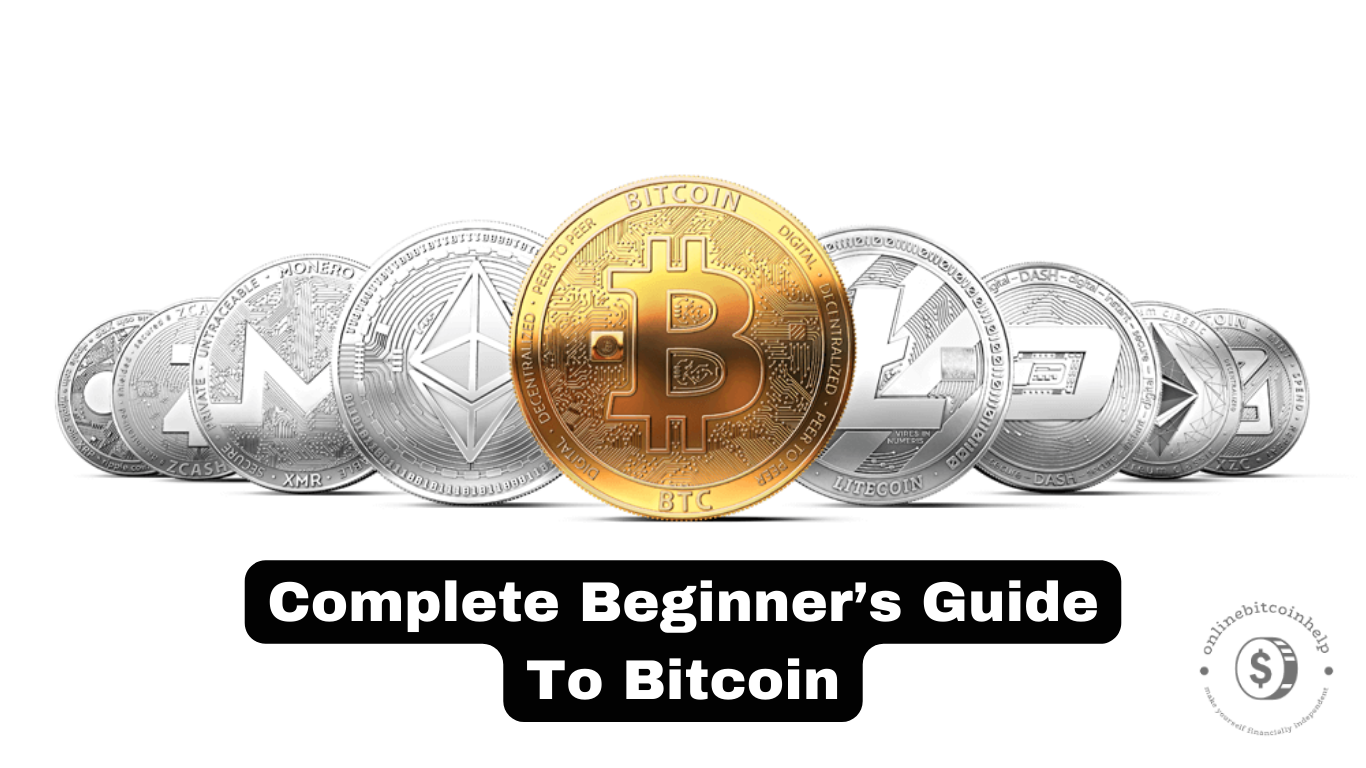Delving into the intricacies of Bitcoin unveils an incredible narrative of money creation. Despite its seemingly fictional nature, Bitcoin stands as the most widely recognized form of digital currency in current use. To aid in understanding its essence, functions, and the process of earning Bitcoins, I’ve compiled this comprehensive beginner’s guide to Bitcoin.

“Before we delve deeper, I want to emphasize that investing in cryptocurrencies or tokens carries significant speculation, and the market lacks extensive regulation. Those contemplating it should be ready for the possibility of losing their entire investment.”
- Introduction to Bitcoin:
- Bitcoin is the most widely recognized form of digital currency.
- It operates on a decentralized system without government or financial institution control.
- Bitcoin History:
- Introduced in 2009, marking the inception of cryptocurrencies.
- Created by Satoshi Nakamoto, who aimed to establish a decentralized electronic cash system.
- Nakamoto released the source code in 2011 and disappeared.
- What is Bitcoin?
- Bitcoin functions as a digital currency, eliminating the need for physical coins or bills.
- Operates on blockchain technology with encryption keys for secure transactions.
- Individuals holding Bitcoins remain anonymous.
- Mining Bitcoins:
- The process involves powerful computers solving complex mathematical problems.
- Approximately 16 million Bitcoins are in circulation, capped at 21 million.
- Miners are rewarded with new Bitcoins for solving problems.
- Using Bitcoins:
- Bitcoins can be obtained through mining, receiving payments, completing tasks, or trading.
- Bitcoin wallets, similar to virtual mailboxes, store and track the digital currency.
- Over 100,000 merchants globally accept Bitcoin as payment.
- Risks and Opportunities:
- Bitcoin presents risks and opportunities due to its anonymity and lack of regulation.
- Challenges include issues like theft or loss of Bitcoins without a governing body.
- High volatility in value with significant daily fluctuations.
- The Mt. Gox incident in 2014 exemplifies the risks associated with the cryptocurrency.
- Uncertain Future:
- Bitcoin’s relative novelty contributes to uncertainties.
- Its potential to replace government-controlled currencies remains uncertain.
- Continued evolution and maturation of technology will provide additional insights into Bitcoin’s future.

